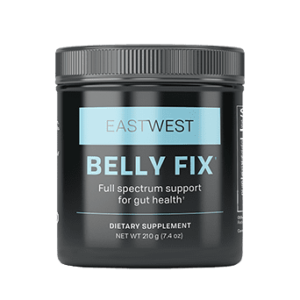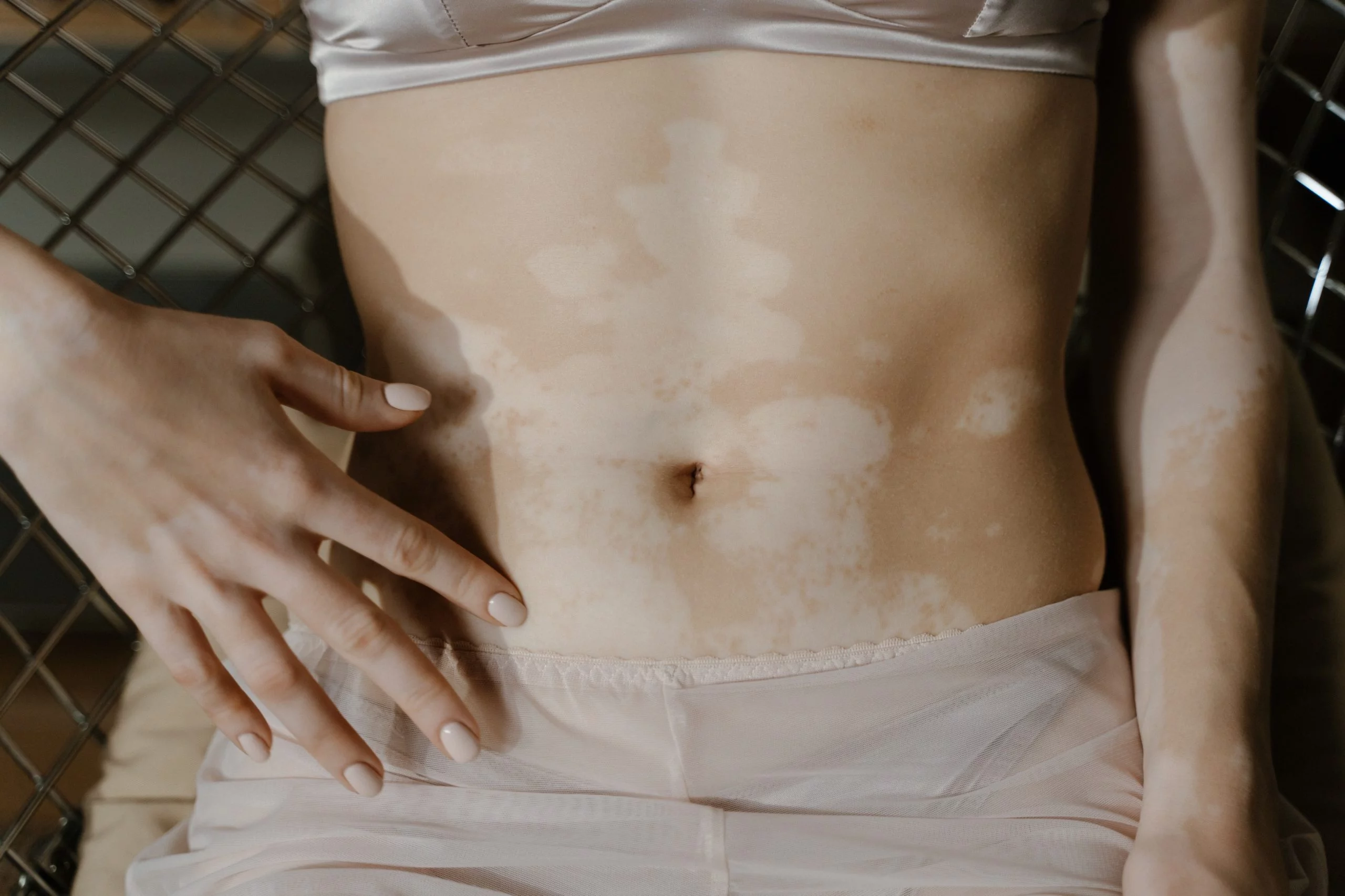Bloating is an incredibly common yet unpleasant side effect of the menopause. Experienced by thousands of women through all stages of this transitional period, including perimenopause and post-menopause, the unpleasantness of bloating caused by fluctuating hormones can prove frustrating and difficult to treat.
What causes bloating during menopause and perimenopause?
Before we establish ways to treat menopause-related bloating, first we need to understand why it occurs.
Bloating during the menopause is usually caused by rapidly fluctuating estrogen levels, which when high can cause water retention. Excessive levels of water lead to chronic bloating, often resulting in low self-esteem, anxiety and a vicious cycle of additional stress, which usually makes things even worse.
Other menopausal symptoms that can also cause bloating include general weight gain, lack of motivation to exercise, increased stress and unhealthy lifestyle choices caused by unpleasant symptoms such as excessive alcohol consumption brought on by altered mood.
 How to treat and prevent bloating during menopause
How to treat and prevent bloating during menopause
The first line of defense when tackling menopausal bloating is to get fluctuating hormone levels in check. Although menopause is a natural transition period all women go through, you don’t need to suffer in silence!
It’s possible to reduce many of the unpleasant symptoms of menopause with a holistic, multi-faceted approach combining allopathic and natural healing methods. Treatment options should be individualized and based on your own personal situation and symptoms – hormone therapy is one such option, but there are many more if you prefer a non-pharmaceutical route.
Much of the advice that applies generally to anyone struggling with bloating can be helpful for menopausal and peri-menopausal women struggling with bloating. Many of the tips and tricks that alleviate bloating can work well, including:
*Dietary changes: Avoiding refined, processed foods high in fat and sugar as well as those known to cause gas such as legumes, dairy products and sugar substitutes. Lowering intake of salty foods can also help to reduce water retention.
*Gut health: Paying extra attention to your gut health, in particular the delicate balance of bacteria in the gut, can help to alleviate bloating. Pro- and pre-biotics can help to restore good bacteria in the gut – often it may take time to see results, but they should be sustainable and offer long-term relief.
*Healthy lifestyle changes: Ditch smoking and alcohol and introduce regular movement. Some yoga poses are specifically designed to help support better digestion and reduce bloating.
*Hydration: Drinking plenty of water is important for overall health – but it also supports healthy digestion and can reduce water retention, in turn minimizing bloating. Although drinking more water can feel counterintuitive when you’re suffering from water retention, upping water intake actually helps to flush out excess fluid.
 *Hormone support: Exploring ways in which you can help to mitigate the impact of fluctuating hormones should form the foundation of any efforts to tackle menopausal bloating. You might like to work with a specialist MD or an integrative medical physician who can support you with a tailored treatment plan.
*Hormone support: Exploring ways in which you can help to mitigate the impact of fluctuating hormones should form the foundation of any efforts to tackle menopausal bloating. You might like to work with a specialist MD or an integrative medical physician who can support you with a tailored treatment plan.
Alongside lifestyle changes there are some OTC and prescription medications you can take including water-reduction pills and anti-bloating medication, but these shouldn’t be relied upon long-term and will mask or treat the symptoms rather than addressing the root cause of the problem. Please consult a physician before adding any medications or supplement into your regime.
Will bloating go away after menopause?
For some women bloating eventually subsides on its own – although it is not uncommon for bloating to persist post-menopause especially if it has been an issue for some time. Try an herbal remedy or supplement like our Belly Fix – designed to rebalance and harmonize gut flora for a healthier, happier you.






